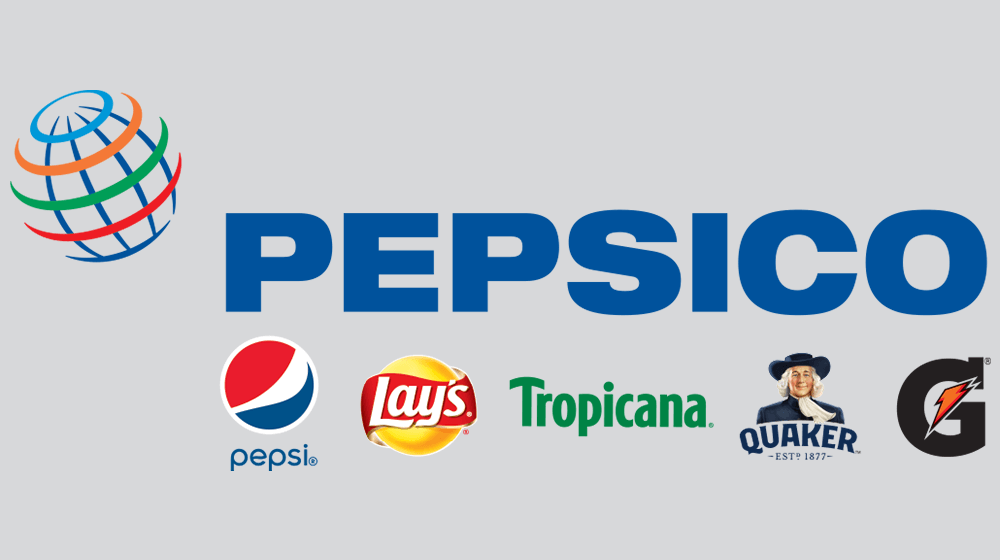For lots of brand names operating in the eCommerce market, it’s well-known that popular platform Magento 1 is coming to the end of its supported life. And, after June 30, there will be no more updates or security spots released. But what does that mean for the 6,000 UK website owners still running Magento 1?
Services still have time
The very first thing to explain here is that there’s the opportunity to re-platform –– whether that’s moving to Magento 2, or a new system like WooCommerce.
The very best option in the long-lasting for any eCommerce site is to move to a supported system. However, with the Covid-19 pandemic affecting organisations on a worldwide scale, many companies are prioritizing money towards survival, so the website migration project may have maybe taken a rear seat.
However, there are threats connected to remaining on Magento 1 –– the primary problem is the vulnerability of getting hacked, and the damage that includes it. The type of hack that this post is referring to is centered around a targeted and non-targeted site attack, and not activities like phishing to catch log-in details, or denial of service attacks.
Let’s focus on the breaches that allow individuals to delete, edit, and take info from the website. In many cases, this will be a non-targeted attack where hackers have discovered a vulnerability in a particular CMS version, plugin, or style. In cases like this, automated bots are utilized to find websites that are weak, then they launch a cyber attack.
Comprehending sophisticated hacking techniques
It’s tough to understand when an attack has occurred. In some cases it’s obvious –– a hacker could have erased the database and, hi presto! There’s no website. That’s a simple one to identify. Because of a situation, a business would need to revert to a backup to get the site up and running once again. Are there offsite backups in location? That’s the sort of thing business must organize well before anything goes incorrect.
More sophisticated techniques can be harder to discover. When it comes to eCommerce, someone might be attempting to stay undiscovered to catch payment details. For that reason, it’s much better to have regular security scans in place for a site to check it hasn’t been assaulted since the earlier it’s detected, the better the disaster recovery circumstance.
So, what occurs when a business gets hacked and understands about it? The service is usually to update the CMS and/or any vulnerable plugins. Magento does a great task of notifying users of these issues so that organisations can patch the running variation for protection, prior to anything bad occurs.
In an ideal world, a business would be informed –– and it’d spot the website before the attack took place. However, many people typically get hacked in advance, so it’s constantly crucial to keep CMS versions and plugins as much as date. Usually, the older they are, the higher the chance that a weak point will be exposed.

Dealing with the after-effects
If a business is regrettable to suffer a hack –– and somebody has gotten to the website –– data could have been taken and the firm is legally required to alert both the Details Commissioner’s Officer (ICO) and any customers that may have been affected.
Lots of consumers will have likely received an email like this, for instance, Virgin Media just recently composed to millions of individuals to let them understand there was a data event. And for any brand name and their marketing, this sort of situation is damaging for reputation and could end up in a fine from the ICO.
More than most likely Magento 1 site owners could discover themselves a bit stuck post-June if they get hacked due to the fact that there’s no patch coming out. So, the only alternative is to upgrade –– assuming the business is not running the current version –– which is a short-term repair that just purchases a percentage of the time. In addition, for those already on the most recent version of Magento 1, they remain in a bad area with the only alternatives here being a) find and fix the vulnerability –– which is unlikely to be viable –– or b) re-platform in a hurry.
The latter is the most likely course of action and the website will stay vulnerable to repeat hacks unless business takes it down, therefore, neither circumstance is good. Besides, there’s lost revenue while the website runs out of action and a most likely fine to face if a duplicated information breach happens.
Of course, there is the possibility that companies can continue through Magento 1, hassle-free. However sadly, that comes without a warranty. In reality, it’s likely that it’s simply a matter of time that something bad may occur to the site.
PCI compliance problems
If a business normally processes payments using a third-celebration like Sage, Worldpay, or Stripe, card details are not saved onto the website –– they’re managed on these sites and encrypted. However, there are types of malware that allow hackers to tape-record keystrokes. In other words, they catch the details as they’re typed in. That indicates, there can’t be the hope of simply counting on the third-party payment gateway for 100% defense.
Among the main specifications of PCI compliance mentions that a brand should ‘establish and maintain protected systems and applications by installing suitable vendor-supplied security spots.’ If it doesn’t have the expertise to apply security patches beyond June, it’s tough to see how a website might stay PCI-compliant.
Staying on Magento 1 is without a doubt a harmful prospect for companies that continue to run it post-June. Unsurprisingly, business –– and marketing firms whose customers use this platform –– ought to preferably be encouraging their consumers that it’s a danger unworthy taking, especially when organizations have defended many months to survive throughout the existing climate and beyond.















